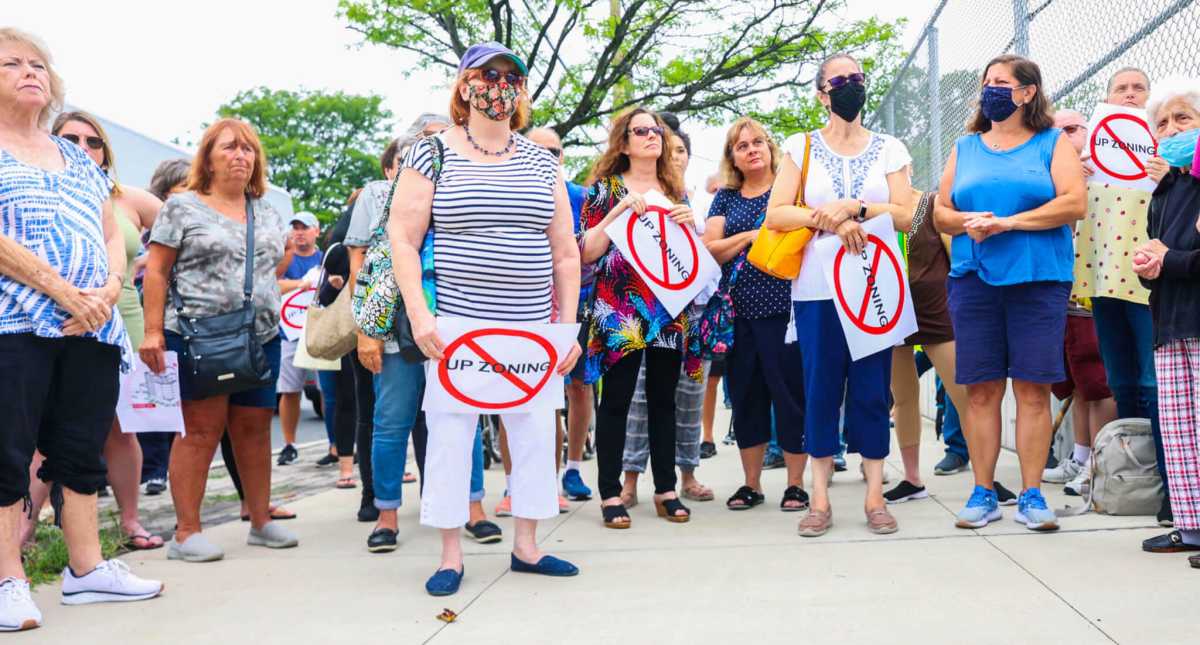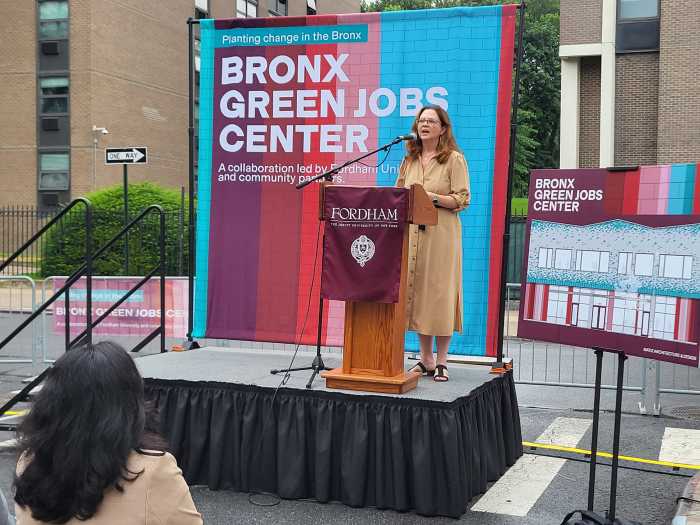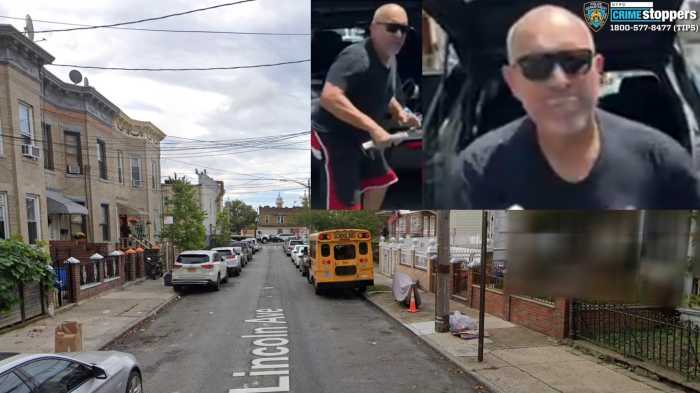The Bruckner Boulevard rezoning lawsuit against the city has been adjourned until May.
The case was scheduled to appear before Justice Leticia Maria Ramirez in Bronx County Supreme Court last Friday, but lawyers agreed to adjourn the case until May 3. The adjournment will give lawyer Richard Lippes time to respond to the city’s March 31 motion to dismiss the lawsuit.
Lippes told the Bronx Times that he requested the adjournment. He has until April 21 to file his response, and the city will then have until May 1 to respond.
The Article 78 lawsuit — a proceeding that allows for appeals of government agency decisions — was filed on Feb. 13, just four hours before the deadline to challenge the rezoning. The plan, which will bring 348 apartments to the low density East Bronx neighborhood of Throggs Neck, was approved unanimously by the City Council in October. Lippes, an environmental lawyer based in Buffalo who specializes in Article 78 cases, is representing a group of residents who have long-opposed the project. In the suit, he argued that the rezoning should be overturned because the environmental review wasn’t done properly.
The city responded to the suit on March 31 with a motion calling for it to be dismissed. Nathan Taylor, senior counsel for the city’s environmental law division, argued that the case should be thrown out because the rezoning applicant Throggs Neck LLC was not listed with the city as a respondent in the lawsuit and because the city was served with the lawsuit past the deadline to do so.
Lippes — who has been practicing for more than five decades — was unfazed by the city’s arguments in an interview with the Bronx Times last week. But Roderick Hills, an NYU Law professor who specializes in local government and land use law, told the Bronx Times on Tuesday that not naming the applicant in the suit alongside the city — known as “joining” them — seems like a “rookie mistake.”
“Essentially, these neighbors are saying ‘We want to take away your property interest,’” he said. “Well you know, you normally would have to join somebody whose property interest is at stake.”
Hills also emphasized the importance of timing in Article 78 suits, which he said have quicker deadlines than regular civil suits because they come after established administrative processes that already allowed for public input, such as the city’s various public hearings related to the Bruckner proposal.
He said there is “nothing that is even remotely unusual” about an Article 78 case getting dismissed over not joining a necessary party or following the proper timeframe.
“It’s a different kind of lawsuit, in which time limits are taken very seriously,” Hills said. “And yes, it’s absolutely standard for plaintiffs to get dinged because they don’t meet those time limits. That’s certainly how the game is played.”
According to Taylor’s motion to dismiss the case, the petitioners didn’t even try to serve the city until past the deadline to do so.
But according to Lippes, that isn’t the case.
The lawyer told the Bronx Times that the process server did attempt to serve the city by the deadline, but was told the city only accepts being served on two days per week. A process server — as seen in Seth Rogan’s “Pineapple Express” — delivers court documents like subpoenas, summons and complaints.
Lippes, who has filed similar suits against the city before, said he had never heard of the two-day policy.
According to the NYC Law Department website, the city only accepts service from 9 a.m. to 5 p.m. on Tuesdays and Thursdays, as of June 2020. But the department is also still temporarily receiving service online via email.
Stewart Sterk, a professor at Cardozo School of Law whose specialties include land use, property and real estate law, told the Bronx Times that if someone learned that the city wasn’t accepting service the day they went, they could have just emailed it. That being said, continuing pandemic-era restrictions on the process “seems a bit unfair,” he added.
Hills was less forgiving.
“It just seems like this lawyer didn’t do their homework,” Hills said. “The service of process rules weren’t a deep secret. … It doesn’t seem to me an impressive argument to say ‘I was not aware of this rule.’ I mean, that’s why you pay a lawyer, to be aware of rules.”
Reach Aliya Schneider at aschneider@schnepsmedia.com or (718) 260-4597. For more coverage, follow us on Twitter, Facebook and Instagram @bronxtimes

















